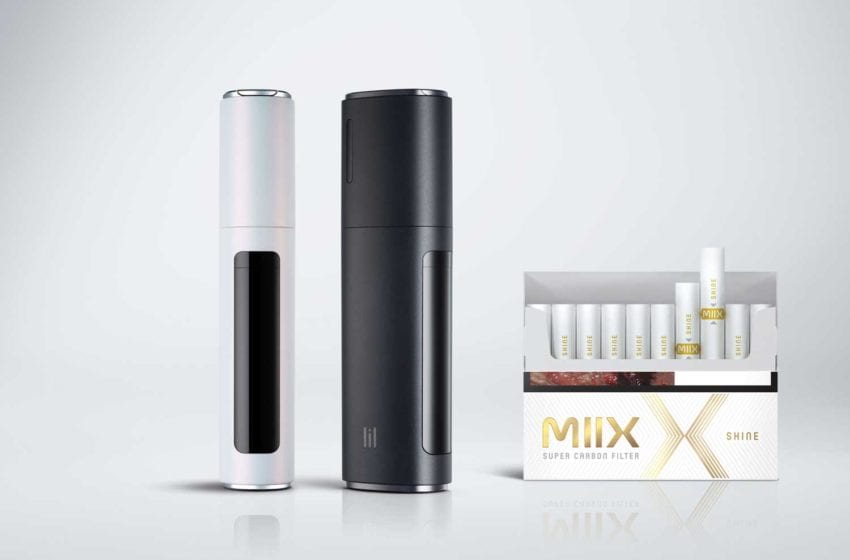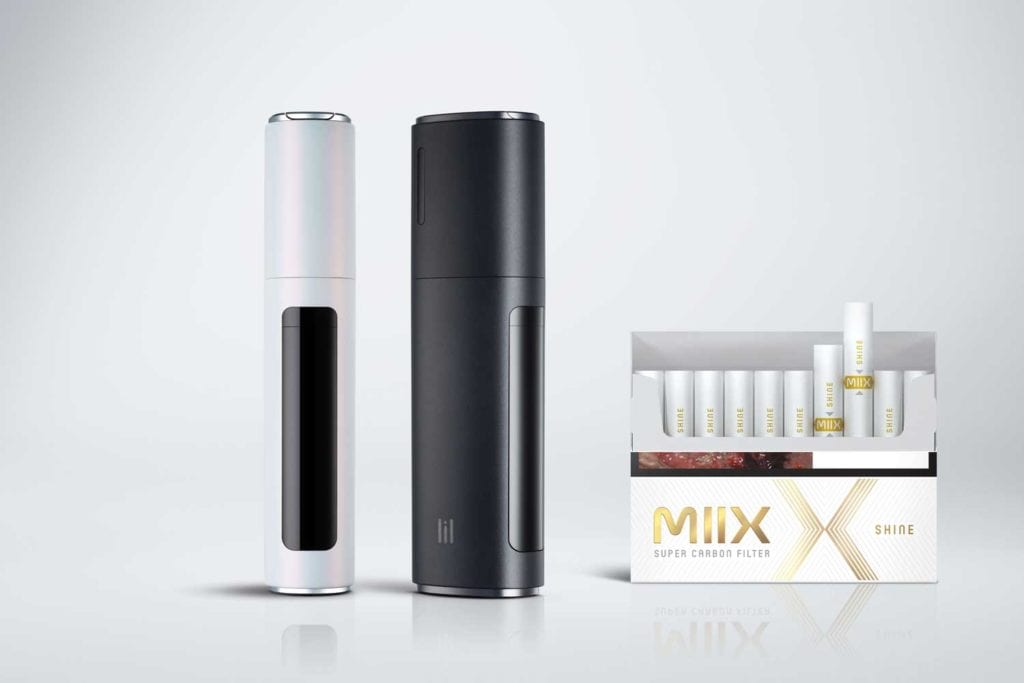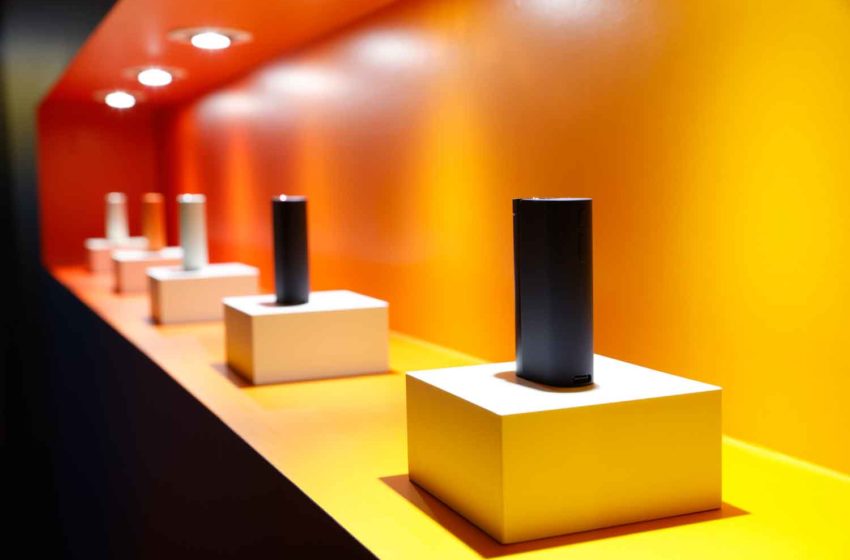R.J. Reynolds Tobacco Co.’s (RJR) “California compliant” cigarettes, which contain an artificial, flavorless cooling chemical, have proven a big hit among smokers in the wake of the state’s ban on menthol cigarettes and other flavored tobacco products, according to an article in Politico.
By March, sales of the new cigarettes were on track to replace nearly half of the menthol sales compared to last year, according to an expert cited by Politico who tracks cigarette sales trends.
RJR sold 2.8 million packs of Camel-branded menthol cigarettes and 2 million packs of Newport-branded menthol cigarettes in California in March 2022, according to Alex Liber, an assistant professor in the department of oncology at Georgetown University’s School of Medicine who studies tobacco sale trends.
This year, the company sold 1.4 million “California compliant” Camel branded cigarette packs and about 800,000 “California compliant” packs of its Newport brand.
According to RJR, the new products don’t violate California law because they don’t have a distinguishable taste or aroma other than tobacco. California law defines a flavored tobacco product as any product that has a “distinguishable taste or aroma, or both, other than the taste or aroma of tobacco, imparted by a tobacco product or any byproduct produced by the tobacco product.”
Some of RJR’s new products, like the Camel Crisp, contain a lab-made chemical called ethyl menthane carboxamide, or WS3. That chemical has less of the minty odor than menthol, but it provides the same cooling, soothing sensation as conventional menthol cigarettes.
Other new “California-compliant” cigarette products don’t list WS3 as an ingredient. The company considers many of its ingredients to be propriety and is required to list them only under a general description of “natural and artificial flavors.”
The success of RJR’s “mimic menthols” comes as the U.S. Food and Drug Administration prepares to ban menthol cigarettes nationwide this year.
Menthol cigarettes make up nearly 40 percent of U.S. cigarette sales and are particularly popular in minority communities, with an estimated 90 percent of Black smokers using menthol products.
The California Department of Public Health said it is aware of the new products, but doesn’t have the power to enforce the ban.


















